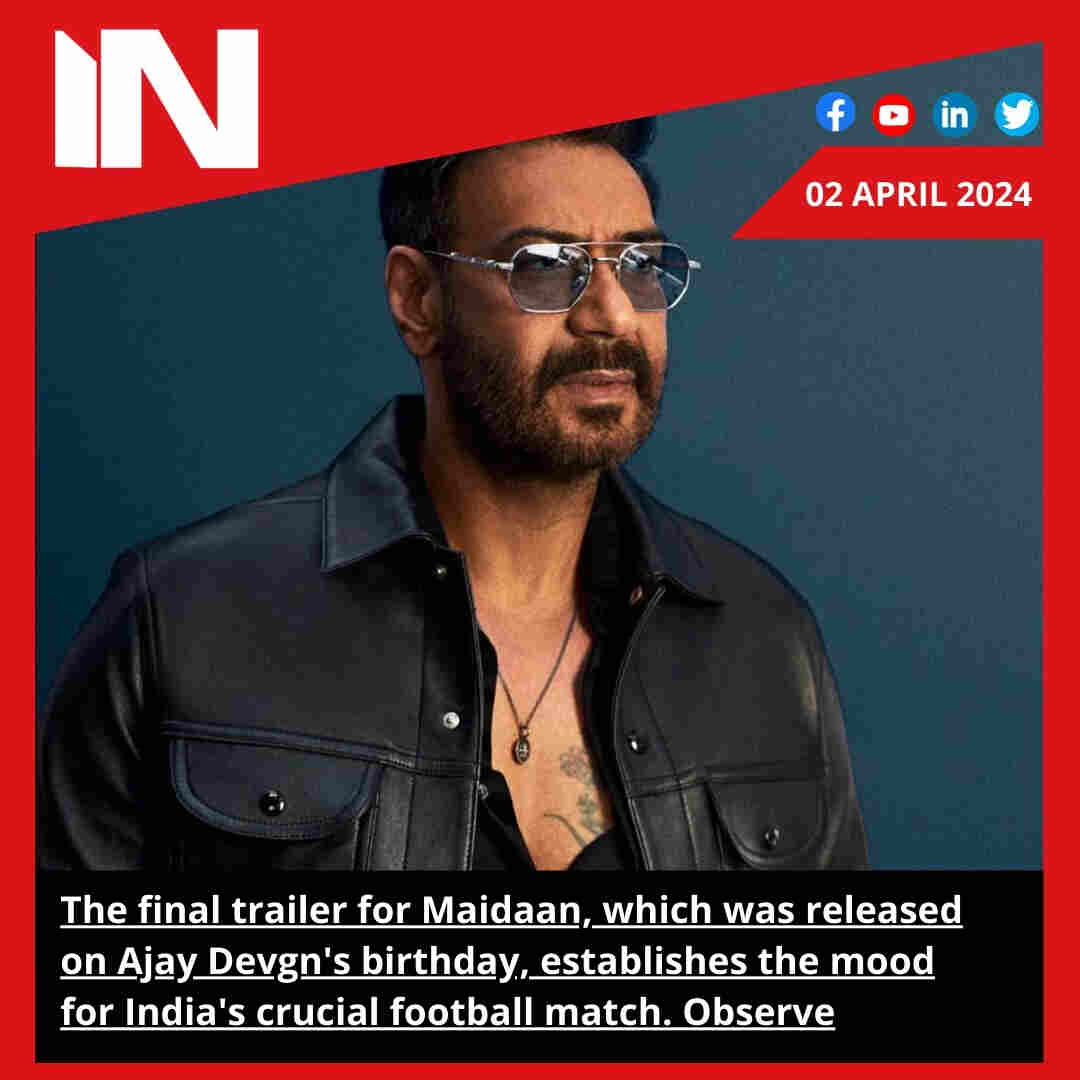India Hot Topics
What Is Local And Community Transmission, At What Stage Is Corona Infection In India Right Now?

People are questioning that, “The number of people infected with the coronavirus has also increased rapidly in many big countries, but the speed with which this number is reported to be increasing in India is due to some mistakes related to testing.” Huh?”
So far, more than two lakh people have been found infected with the coronavirus worldwide and more than 8,600 people have died.
At the same time, the number of people infected with the coronavirus in India has crossed 150 and three people have died due to COVID-19 till Wednesday evening. To date, patients of corona infection have been found in a total of 17 states in India.
When compared to many other rich countries including Italy, Iran, Spain, Australia, Germany, France, South Korea, and the USA, the situation of India seems to be very controlled at present.
The Government of India has imposed several travel-related restrictions in the last two weeks. At the same time, the state governments have also implemented many restrictions to prevent the gathering of people by 31 March.
Looking at the current situation, the Indian Council of Medical Research, an organization working under the leadership of the central government, has claimed that “India is currently in the second phase and no case of ‘community transmission’ has been reported so far”.
But what is the basis of this ICMR claim? And will the situation deteriorate if there is ‘community transmission’? How many stages of the outbreak of the epidemic are being seen and how many people have been tested so far?
All these questions have been answered by the Indian Council of Medical Research in its latest report, which has been released by the institute’s DG Doctor Balram Bhargava.
In the last two weeks, in the press conference held by senior officials of the Government of India, it has been especially emphasized that the third phase has not come in India.
According to ICMR, there are four stages of the outbreak of the coronavirus epidemic.
In the first phase, they were found infected with the coronavirus which came to India from another country and they already had coronavirus. This stage has crossed India because the infection has spread locally from such people in India.
In the second phase, the infection spreads at the local level, but these are people who have come in contact with some infected person who has returned from traveling abroad.
The third level is considered a little more dangerous. This is ‘community transmission’, which the Indian government is worried about. ‘Community transmission’ occurs when a person succumbs without directly coming into contact with an infected person or traveling to the infected country.
And the fourth phase occurs when the infection takes the form of a pandemic at the local level.
A big reason for spreading the virus
In order to keep the Coronavirus outbreak in India to a minimum, the government should stop it in the second phase itself.
Keeping this in mind, the government has sealed its borders with all countries, suspending trains, international flights and buses. The entry of people from infected countries to India has been banned.
Hundreds of Indians who were stranded in countries like China, Iran, and Italy have been brought under the surveillance of the Indian government and have been kept in quarantine centers designed to fight the coronavirus. But the number of people who have entered India in the last three weeks by taking different air routes is also not less.
Most of such people did not show any symptoms in the screening done at the airports. In such a situation, as a precaution, it was suggested that they stay in their homes for two to three weeks.
However, there had been some cases in the past, where Indian citizens returned back to the country after traveling from abroad. These citizens neither took the precautions nor disclosed the facts to the administration.
In the ICMR report, this attitude has been considered the biggest reason for the spread of coronavirus.
The Indian government has claimed that more than 11,500 people have been screened for Kovid-19 so far.
The government had issued an advisory on March 9 and again on March 17 to investigate the coronavirus. It said that the Indian government cannot do indiscriminate testing for Kovid-19. It has also been said that for the correct use of resources, a testing strategy has been made, which is being called the ‘Testing Protocol’.
‘Testing protocol’
According to this testing protocol, all those who have returned from traveling abroad in the last 14 days are being asked to remain isolated in the quarantine for 14 days. During this time, if any symptoms are seen in them, such as a cold, cough or difficulty in breathing, then their blood will be examined to detect corona infection.
If they are found infected with the coronavirus during blood tests, then they will be isolated and kept under the supervision of doctors.
If some lab workers come in contact during testing, they show some symptoms of the disease, then they will also be tested.
This protocol is designed to test whether there is a community transmission.
According to this, samples of twenty people are being taken every week from the group of patients suffering from some serious diseases related to SARI. These are patients who are admitted to 51 government centers where corona infected people are being treated.
This random sampling was started in February. All 500 samples taken in February were found to be negative. These samples are also being taken in March, whose results will be revealed in the next few days.
Based on this, it is being said that there are currently no cases of community transmission in India.
Are 20 samples per week enough?
ICMR DG Dr. Balaram Bhargava has said that “the samples are being taken every week, from every center, which symbolizes the local situation there.”
“So far these samples have been found negative, even those people who are already struggling with some breathing problem.”
He said, “In such a situation, will it not be a waste of resources to do the tests of all the people. We cannot check the sample of every patient reaching the hospital.”
He said, “There are not so many patients admitted to the 51 centers where Kovid-19 patients are being recruited that we can take samples of hundreds of people from every center. If some samples come positive, then we will Let’s think about the strategy. Currently, our strategy is to do surveillance which says that India is still in Phase-2. After a certain time, we will take samples of those patients again, that’s why I’ve not said it surveys, surveillance is saying. “
A team of ICMR officials said in a recent press conference that “It is not that we have sat down looking at these samples. But this random test to check how the virus is spreading around the world.” The method of sampling is adopted.
According to the Government of India, there are 71 testing units in the country that are working under ICMR. By the end of this week, about 49 more government labs will be ready to test Kovid-19. India has also asked for one million kits from the World Health Organization for testing Kovid-19.
ICMR has also claimed that by March 23, two such labs will be ready in India where 1400 tests can be done daily. With this, Kovid-19 can be tested within three hours.
Some other such machines have also been ordered by the Indian government from abroad. America and Japan have such machines from which Kovid-19 can be tested in an hour.
Newz Source: Google
Also Read: DELHI METRO HAS BEEN CLOSED TILL 23 MARCH SE 31 MARCH.
Movie
The Madras High Court has granted early screenings of Vijay’s Leo movie from 7 AM, requesting the TN government to resolve any issues.
Madras High Court Grants Early Screenings of Vijay’s “Leo” Movie at 7 AM, Urges TN Government to Address Concerns
The Madras High Court has made a landmark decision in favor of the much-anticipated Tamil film “Leo,” starring actor Vijay. In a significant move, the court has granted permission for early screenings of the movie from 7 AM, urging the Tamil Nadu government to swiftly address any issues and facilitate the smooth release of the film. This decision marks a pivotal moment in the realm of Tamil cinema and the entertainment industry at large.
Historical Context:
The Indian film industry, particularly the Tamil film industry, has seen its share of controversies and challenges related to film releases. Issues such as censorship, political disputes, and public sentiment have often played a significant role in shaping the release schedules and screening times for films. Vijay, one of Tamil cinema’s most prominent actors, has been at the center of such controversies in the past. This decision by the Madras High Court is, therefore, particularly noteworthy.
The Ruling:
The Madras High Court’s decision to permit early screenings of “Leo” comes as a response to a plea filed by the film’s producers. The court, while considering the plea, took into account various factors, including the film’s anticipated popularity and the prevailing circumstances. The court emphasized the importance of accommodating the audience’s interests and allowing them to enjoy the film without disruptions.
A Step Towards Normalization:
The court’s decision signifies a positive shift in the film industry, where release dates and screening times are often mired in controversy. By allowing screenings to commence at 7 AM, the court aims to reduce the chances of public unrest and congestion near theaters, especially in the wake of high-profile film releases.
The Role of the Tamil Nadu Government:
The Madras High Court, in its ruling, also called upon the Tamil Nadu government to cooperate in ensuring a seamless release for the film. This cooperation extends to providing necessary security measures to maintain law and order around theaters during the early screenings.
Implications for the Entertainment Industry:
The decision is expected to set a precedent for the release of other highly anticipated films, not just in Tamil cinema but also in the broader Indian film industry. The court’s emphasis on the importance of accommodating the audience’s interests could lead to more flexible screening times for movies in the future.
The Audience’s Perspective:
For moviegoers and fans of Vijay, this decision comes as a welcome relief. They can now look forward to enjoying the film without any undue delays or disruptions, ensuring a memorable cinematic experience.
In conclusion, the Madras High Court’s ruling to allow early screenings of Vijay’s “Leo” at 7 AM while urging the Tamil Nadu government to resolve any issues paves the way for a more audience-centric approach in the film industry. It is a landmark decision that highlights the importance of balancing the interests of filmmakers and the movie-loving public. This judgment is poised to make a positive impact on the release of future films, ushering in a new era of flexibility and convenience for cinema enthusiasts.
Group Media Publications
Entertainment News Platforms – anyflix.in
Construction Infrastructure and Mining News Platform – https://cimreviews.com/
General News Platform – https://ihtlive.com/
Podcast Platforms – https://anyfm.in
-

 Bollywood2 months ago
Bollywood2 months agoAishwarya Rai maintains her stunning appearance in a new L’Oreal ad.
-

 health and remedies2 months ago
health and remedies2 months agoThe article discusses the potential health risks associated with swallowing dry ice
-
.jpg)
.jpg) Music1 month ago
Music1 month agoSidhu Moosewala’s father and baby brother feature on Times Square billboard; fans react. Watch
-

 Entertainment2 months ago
Entertainment2 months agoThe Anant Ambani-Radhika Merchant pre-wedding bash in Jamnagar has received a list of guests.
-
Bollywood3 weeks ago
Rasha, the daughter of Raveena Tandon, discusses how trolling affects her: “I think in processing it, feeling bad for a bit.”
-

 Trending2 months ago
Trending2 months agoDolly Chaiwala: “Didn’t Know Who He Was” in reference to giving Bill Gates tea
-

 Bollywood3 weeks ago
Bollywood3 weeks agoThe phrase “female-led projects” annoys Bhumi Pednekar. “It disgusts me deeply.”
-

 Trending2 months ago
Trending2 months agoOppo Reno 12 Pro Key Features Leak Online: Expected to Receive a 1.5K Display with a Density 9200+ SoC

.jpg)




%20(1).jpg)
%20(1).jpg)
%20(1).jpg)
%20(1).jpg)
%20(1).jpg)
.jpg)





